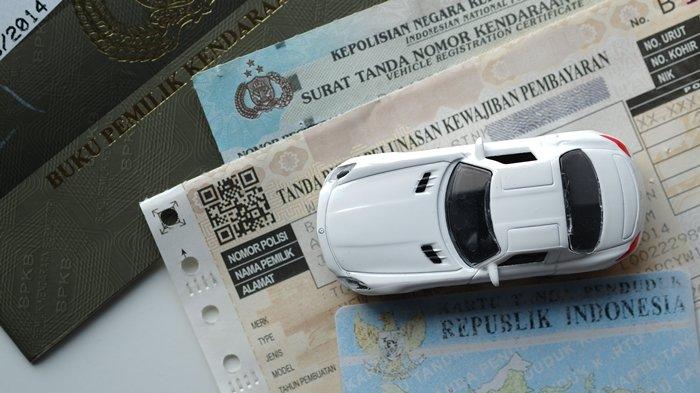Start 5 January 2025, policy tax opportunity vehicles will be implemented simultaneously throughout Indonesia. This rule is regulated in Law Number 1 Year 2022 concerning Financial Relations Between the Central Government and Regional Governments. Opsen itself is an additional tax levy based on a certain percentage, which applies to Motor Vehicle Tax (PKB) and Motor Vehicle Title Transfer Fees (BBNKB).
This option will be collected by the district/city government, which according to the Minister of Industry Agus Gumiwang Kartasasmita, could be a new burden for the four-wheeled industry. “Opsen regulated by the regional government makes the automotive sector stifling,” he said.
Complicated Additional Taxes
The imposition of tax opportunities aims to ensure that district/city governments directly receive their share of provincial taxes. However, This implementation is considered unfriendly for automotive manufacturers and consumers.
For example, if a vehicle is subject to an annual PKB of Rp 1 million, then there will be an additional opportunity of IDR 660 thousand (66% from the PKB). Thus, the total tax that must be paid is Rp 1,66 million.
Even so, to accommodate this opportunity, the parent tax rate has been reduced. The maximum first ownership PKB is determined 1,2%, while the progressive tax for the second vehicle and so on is maximum 6%. The maximum BBNKB is determined 12%.
Impact on the Automotive Industry
According to Agus, This policy has the potential to reduce people's buying interest in motorized vehicles. The reason, The increasing tax burden makes car prices increasingly unaffordable. This could also affect the competitiveness of the automotive sector in Indonesia.
“I see that regional leaders need to issue relaxation regulations. If not, local people will not be able to afford cars. The impact, the district's income will not increase either,” explained Agus.
Tax opportunities don't just burden consumers, but also a challenge for local governments. With the low purchasing power of society, The potential revenue from this sector is also limited. This situation can create an imbalance between policy objectives and reality on the ground.
Reviewing Policies
With various challenges that arise, It is important for the government to evaluate this policy so that it does not hamper the growth of the automotive industry and people's purchasing power. The automotive sector is a major contributor to the economy, so that burdensome policies can have a systemic impact.
Through a more inclusive and flexible approach, It is hoped that the government will be able to create policies that are fair to all parties. Proportional tax policy does not only encourage economic growth, but also maintain the stability of industry which is the backbone of the national economy.


